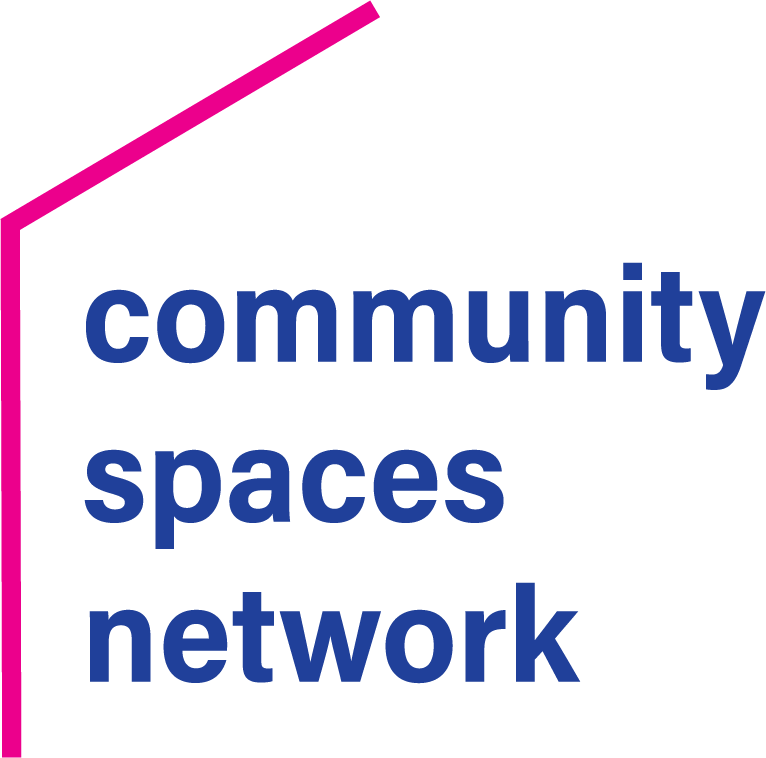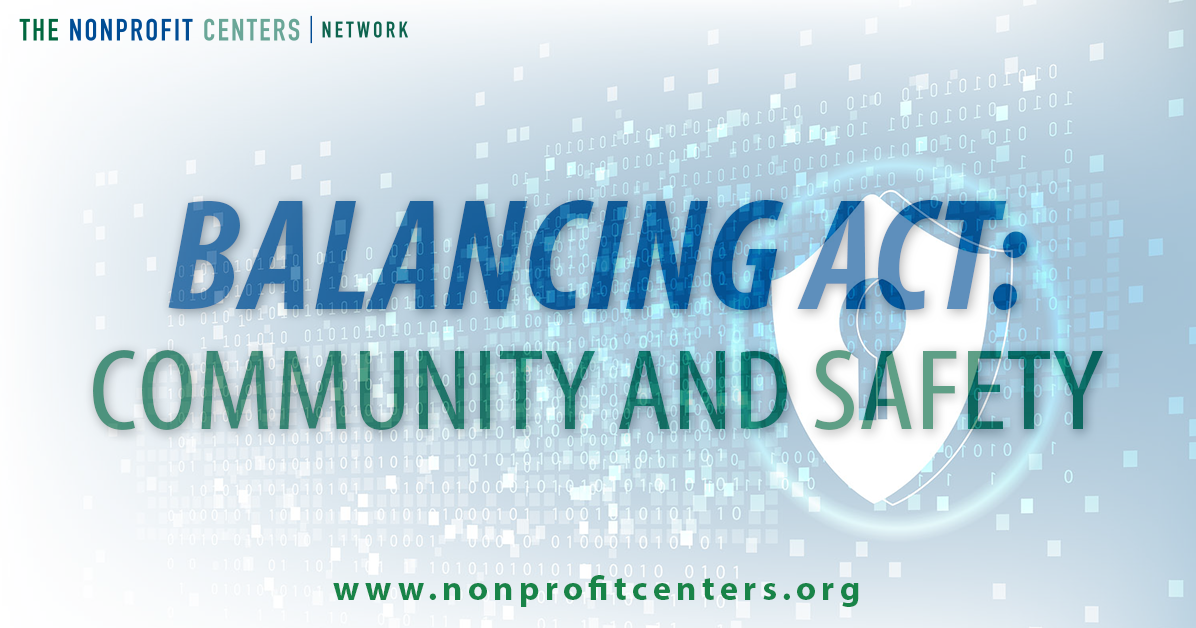“Open for you, and you and you…” is the tagline for one of our Canadian members, Community Door in Brampton, Ontario.
It is a fitting message for so many of our centers (and centres!) across North America. A place where you can find healing for what ails you. A place that takes you in as you are and diligently works to keep you as safe as possible.
This last statement was the theme that emerged from our first Live Ask-NCN Zoom call for members that was focused on Risk Management. I actually expected the conversation to steer more towards the somewhat dull, but necessary details of what it takes to manage a space, filling vacancies, collecting timely rent and more.
Instead, improving safety was the top concern for most spaces. People wanted to know how best to communicate imminent dangers, how to report incidents, and how to keep communication lines open with tenants and community. One member is witnessing the opioid epidemic first hand in their very welcoming and open community space. While their bathrooms provide an opportunity for someone off the street to clean up, other times it is a collection site for needles from their illicit substance usage.
All participants stressed the need, and struggle, for their space to be both open and safe. Here are the suggestions that emerged:
- Create a safety team (not “security” team) with individuals in the building or neighboring businesses, if the issues expand outside your space. The latter can build community, and “safety” emphasizes well-being of all.
- Have one set of doors be “open”, but close off other access points for your main users.
- Strengthen relationships with your “off-hours” staff (maintenance, janitorial, etc.) and keep those lines of communication.
- Request that your tenants follow the tenet of “see something, say something.”
- Set up an emergency texting system. EZ Texting was recommended by two participants as being both effective and affordable and provides an opt-out option for tenants.
- Take notes of incidents, even if your insurance doesn’t require it. A standard incident form will allow you to capture details and allow you to check back in on their well-being.
- Notify police of ongoing issues even if you’re not asking them to be a regular presence. Developing a relationship and having your space on their radar can go a long way.
- For ongoing security, “plain clothes” police are used by one member to deescalate individuals from feeling targeted and put the stress on “can we help you?”
- Investing in additional security options, ongoing or seasonal/event specific, might not be what your tenants want to add on to their costs. But if it’s proving necessary and their missions strive for all people to be cared for, then these measures align.
Through this conversation, I was reminded of the very real and important work many of you address every day, with care and thoughtfulness. Effective safety measures ultimately build community. Would we be in this work if we were not striving for that?

